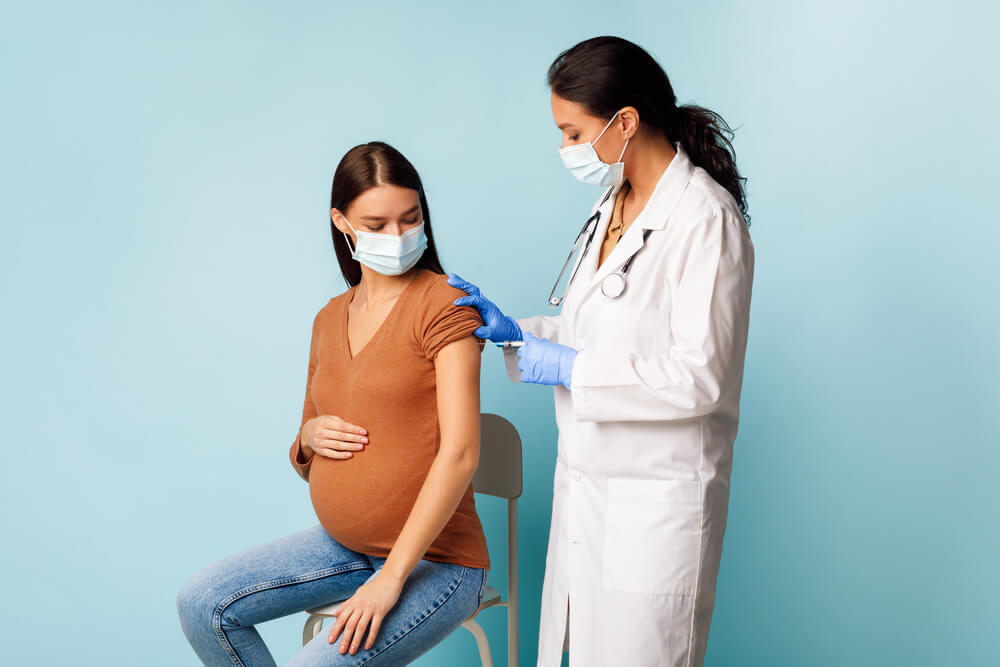The Human Papillomavirus (HPV) vaccine is a significant advancement in preventive healthcare, offering protection against a group of viruses that can lead to various types of cancer. However, many questions arise when it comes to receiving the HPV vaccine during pregnancy. In this comprehensive guide, we will delve into the topic, exploring the benefits, risks, and important considerations associated with HPV vaccination during pregnancy.
Understanding HPV and Its Vaccine
Human Papillomavirus (HPV) is the most common sexually transmitted infection worldwide. It includes a group of viruses that can cause various health issues, including genital warts and several types of cancer. HPV vaccines are designed to protect against the most common and high-risk strains of the virus.
Currently, there are two primary HPV vaccines:
Gardasil 9: This vaccine protects against nine different HPV strains, including those that cause cervical, anal, and oropharyngeal cancers, as well as genital warts.
Cervarix: This vaccine primarily protects against cervical cancer and genital warts and targets specific high-risk HPV strains.
Benefits of HPV Vaccination During Pregnancy
Cancer Prevention:
HPV vaccines are highly effective at preventing infections from the most common cancer-causing HPV strains. By getting vaccinated, pregnant individuals can reduce their risk of developing cervical, anal, and oropharyngeal cancers.
Protection for the Baby:
If an expectant mother is vaccinated, she can pass on some level of protection to her baby. This is especially important because infants and young children cannot receive the vaccine themselves.
Safe for Breastfeeding:
HPV vaccines are considered safe for breastfeeding mothers and do not pose any known risks to the nursing infant.
Risks and Considerations
While HPV vaccination is generally safe, there are several important considerations for pregnant individuals:
Timing:
Ideally, HPV vaccination should occur before pregnancy or after childbirth, as there is limited data on its safety during pregnancy. The CDC recommends postponing vaccination until after pregnancy.
Limited Data:
Due to ethical reasons, there is a lack of extensive research on the effects of HPV vaccination during pregnancy. Therefore, potential risks and benefits should be discussed with a healthcare provider.
Allergic Reactions:
Although rare, allergic reactions to vaccines can occur. Pregnant individuals should inform their healthcare provider of any known allergies before receiving the vaccine.
Medical Consultation:
It is crucial to consult with a healthcare professional before making any decisions regarding HPV vaccination during pregnancy. They can provide personalized guidance based on individual health and circumstances.
Conclusion
The HPV vaccine is a vital tool in the fight against HPV-related cancers and diseases. While it is generally recommended to receive the vaccine before pregnancy or after childbirth, some situations may warrant consideration of vaccination during pregnancy. However, this decision should be made in consultation with a healthcare provider who can weigh the potential benefits against the limited data on safety during pregnancy.
Ultimately, preventing HPV infections and their associated risks is a crucial goal for public health. Pregnant individuals and those planning pregnancy should prioritize discussions with their healthcare providers to make informed decisions regarding HPV vaccination, taking into account their unique circumstances and health status. As research continues to evolve, it is essential to stay updated on the latest recommendations and guidelines related to HPV vaccination during pregnancy.













